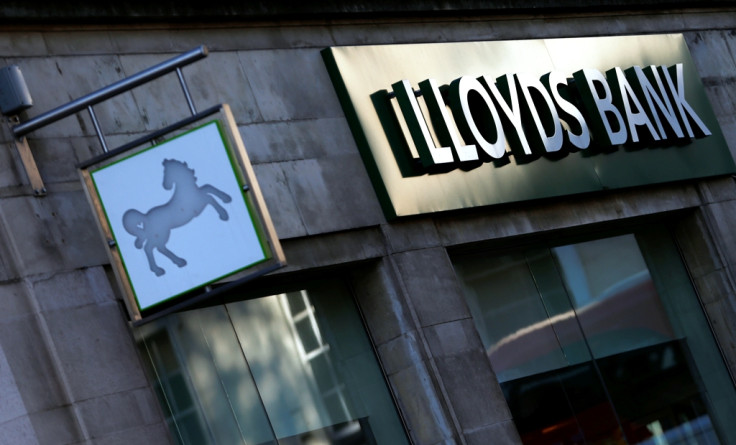Lloyds sees profits more than double as PPI costs tumble but future is 'uncertain'
The bank said its PPI mis-selling costs fell by a quarter to £1bn last year.

Lloyds Banking Group said its annual pre-tax profits more than doubled to £4.2bn ($5.2bn), after slashing its payment protection insurance (PPI) provisions.
It set aside £1bn for the long-running PPI insurance mis-selling scandal last year, compared to £4bn in 2015. Last year the bank posted a £1.6bn pre-tax profit.
The sharp fall in mis-selling costs will be welcomed by shareholders, who have seen its bottom line hit by PPI for successive years. The bank, which was the largest seller of this type of insurance, has so far set aside £17bn to compensate people it wrongly sold PPI.
The government's stake in Lloyds has now fallen below 5% and it has said it wants to return the bank to full private ownership this year.
The government spent £20.3bn to acquire a 43% stake in Lloyds at the height of the financial crisis.
Lloyds, which is the UK's biggest retail banking group, also owns the Halifax and HBOS brands.
Earlier this week London-based global lender HSBC reported a $7.1bn pre-tax profit for 2016, down 62% on the $18.9bn reported a year earlier.
Lloyds also announced a special 0.5p dividend on top of a 2.55p ordinary dividend in respect of 2016 — amounting to a £2.2bn payout. Stripping out the impact of PPI and other one-off items, Lloyds delivered underlying profit of £7.9bn, down from £8.1bn in 2015.
It said this fall reflected "the challenging interest rate environment" and increased investment in the business. The bank added it lent £450bn to customers, a 1.1% fall on a year ago.
It said its total revenue amounted to £17.5bn, compared to £17.6bn the year before, while operating costs reached £8bn, down from £8.3bn.
Chief executive Antonio Horta-Osorio said: "Given our UK focus, our performance is inextricably linked to the health of the UK economy which has been more resilient than the market expected post referendum, with GDP growth of 2% in 2016."
"The UK's decision to leave the European Union means the exact nature of our relationship with Europe going forward remains unclear and the economic outlook is uncertain.
"However, the recovery in recent years with low unemployment, reduced levels of household and corporate indebtedness and increased house prices means the UK is well positioned."
Richard Hunter, head of research at Wilson King Investment Management, said: "Under the careful stewardship of Horta-Osorio, Lloyds has transformed into something of a modern day success story in the aftermath of the financial crisis.
"Historically low interest rates will also continue to provide a difficult backdrop for banks in general, whilst the cost or regulation – let alone any further fines darkening the picture – will be a necessary cost of doing business."
© Copyright IBTimes 2024. All rights reserved.






